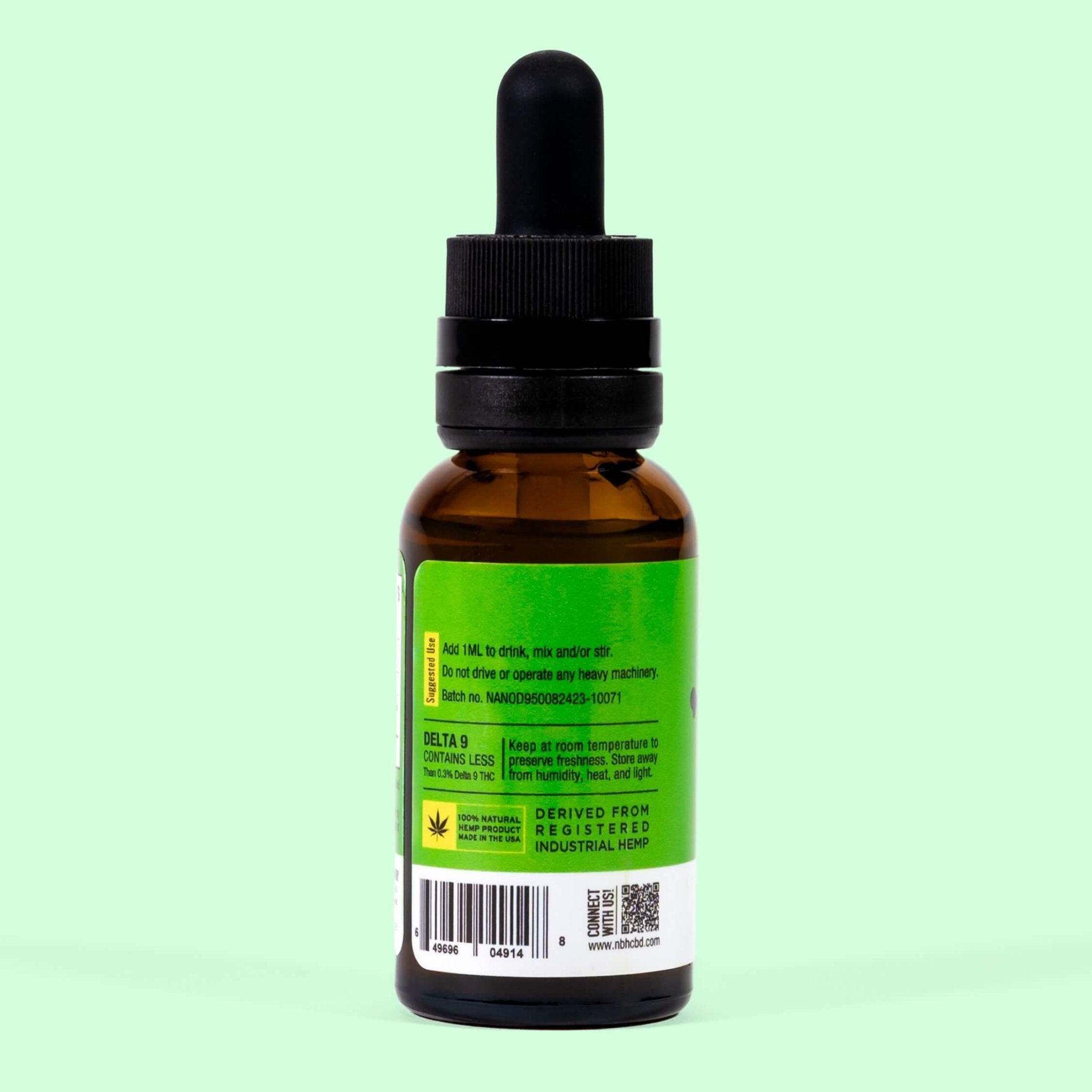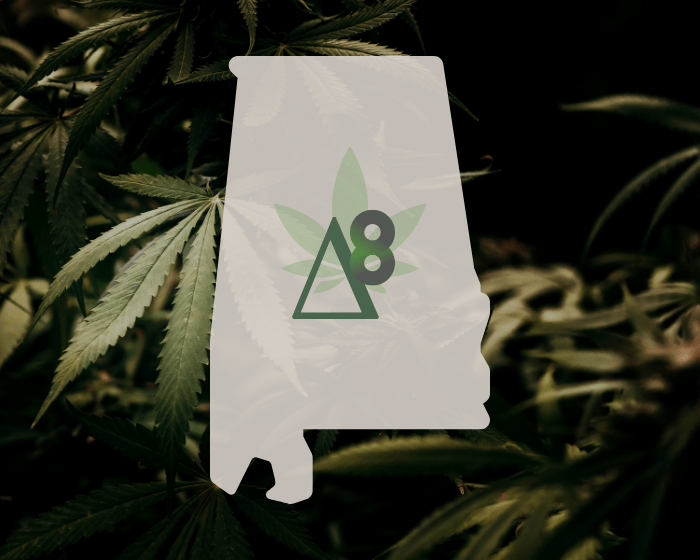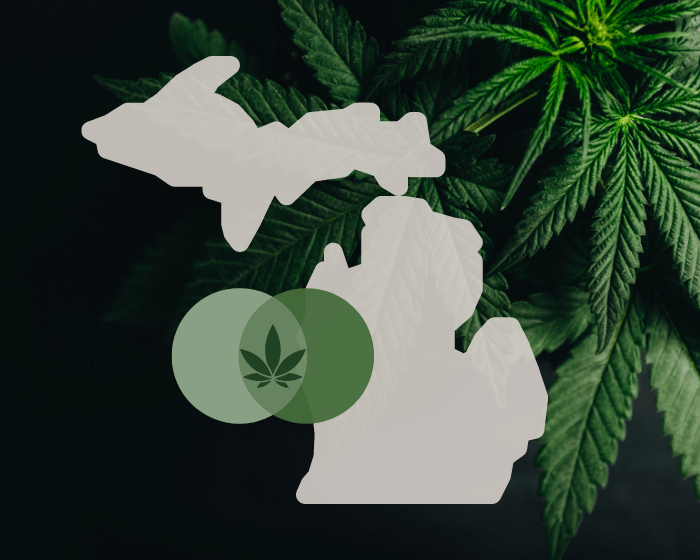
After Michigan Governor Gretchen Whitmer’s decision to put a single state agency in charge of both hemp and marijuana regulation, some are wondering whether this and other proposed changes could give hemp-derived THC an edge on the state’s market — potentially even threatening the state’s licensed marijuana industry.
“The changes present new market opportunities for hemp farmers but also new competition for growers in the state’s existing marijuana industry,” wrote Gus Burns for the Michigan news site MLive.
“The changes present new market opportunities for hemp farmers but also new competition for growers in the state’s existing marijuana industry.”
— Gus Burns, reporting for the Michigan news site MLive
Both recreational and medical cannabis are legal in Michigan. And delta-8 THC — which is derived from hemp but requires a chemical alteration to become THC — has been regulated in Michigan since July 2021. Use is restricted to adults and monitored for safety and potency.
But the existing balance between hemp and THC-rich cannabis could be upset by proposed regulations that would allow marijuana processors to make and sell THC from hemp.
According to Burns, rules proposed by the state’s Marijuana Regulatory Agency Jan. 27 would allow marijuana processors to convert hemp into THC for edibles, vaping or tinctures — competing with products currently sold in the licensed marijuana market.
Why would anyone go to the trouble to convert hemp when they could sell the real thing?
Because hemp as a raw material is likely to cost less. Licensing fees are a fraction of those marijuana growers pay in the state.
- Hemp farming license: $100 annually
- Hemp processing license: $1,350
- Marijuana grow license: $6,000 application fee and up to $40,000 in annual license fees (processors pay the same fees).
Further, under the proposed rules hemp could be imported, while federal law prohibits psychotropic cannabis from crossing state lines. In theory, this will keep hemp supply up and in turn keep costs down for hemp-derived THC.
The rules do require THC products made from hemp to be clearly labeled, and this will likely sway some buyers to buy the higher priced, completely natural product.
But Michigan cannabis attorney, Denise Pollicella, told Burns the proposed rules and significant difference in licensing fees will encourage production of hemp-derived THC and eventually threaten the state’s marijuana industry.
“Michigan’s municipalities will be covered in fields of hemp that looks and smells exactly like marijuana,” Pollicella said. “The profit margins on marijuana products will be so low that this will, in turn drive the dispensaries out of business.”
“The profit margins on marijuana products will be so low that this will, in turn drive the dispensaries out of business.”
— Denise Pollicella, Michigan cannabis attorney
Hemp farmer David Crabill, who serves as president of the farming trade group iHemp Michigan, saw a different outcome. He told Burns higher licensing fees for hemp farmers are likely on the way.
“I’m sure we’re going to see movement in the licensing fees because some of these large outdoor grows for marijuana, they’re not going to be sustainable at their current expense level,” Crabill said. “They’re not going to be able to compete with hemp, so I can just see the state going after the hemp growers for more money.”








































